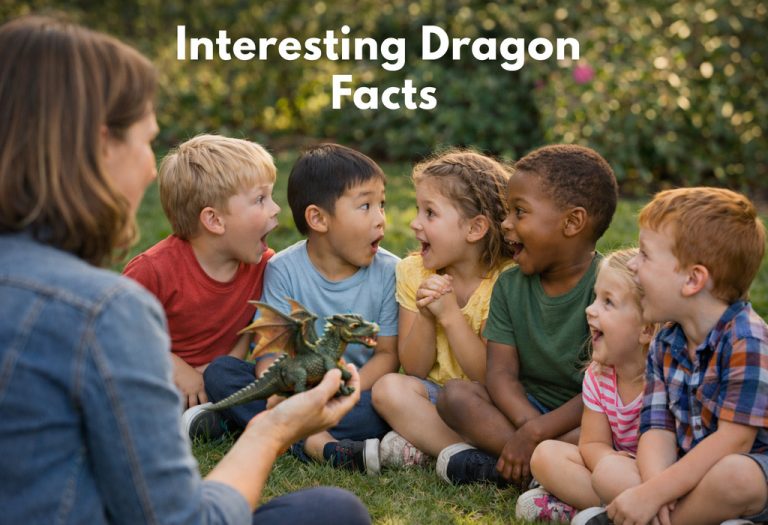Broken Teeth in Kids – Causes, Treatment, and Prevention

Broken or chipped teeth in children are common occurrences, and parents need to understand why they happen and what to do about them. Whether from playing too rough, biting something hard, or having cavities, broken teeth can make eating and talking tricky for kids. But as a parent, you have the power to prevent these injuries. You can significantly reduce the risk of dental injuries by supervising play, encouraging the use of mouthguards during contact sports, and promoting good dental hygiene practices. Chipped teeth can be easily fixed by a dentist if proper care is taken after the injury. But as a parent, it’s crucial to learn why kids’ teeth break, how to fix them, and how to keep them strong and healthy.
How Does a Broken Tooth Appear?
“Why are my child’s teeth breaking?” is a common concern among parents, and it’s important to know that you’re not alone in this. There are many different ways a broken tooth can appear. It could be due to split teeth, where a crack in the tooth which starts from the bottom reaches all the way up to the gum. In extreme cases, the tooth might be separated into two parts. Cusp fractures (4) or cracks that often happen near filling damage the surface enamel; it is less painful as it does not extend into the internal pulp of the tooth.
Craze lines at the tiny cracks are generally present on the enamel surface, are painless, and require no treatment. Another case is that of a root fracture. In this case, the crack starts to enter the gum line. It is rarely symptomatic, but extraction might be required.
What Causes a Cracked Tooth in a Child?
Kids love to play and explore their surroundings. However, their excitement and energy can get them into problems. Falling while playing can lead to minor injuries, and when they fall on their faces, their teeth might break. Let’s see what the other causes of a cracked tooth in a child are.
1. Undeveloped Motor Skills
Children, particularly those under two, are at a stage when their motor skills are developing. During their attempts to walk and move around, falling or stumbling is expected, often leading to chipped or broken milk teeth.
2. Contact Sports
Participating in contact sports is one of the common causes of dental injuries. For instance, contact sports like football, boxing, hockey, wrestling, basketball, and skateboarding involve risk, and a player might run into another, which can lead to injuries, including a broken tooth.
3. Anatomy
Anatomical features like protruding upper teeth or an increased overjet have a higher tendency to get damaged. This is more commonly observed in Class II malocclusion cases.
4. Falling
Falling while playing in the park, climbing, or running, can cause chipped or broken teeth in kids.
5. Active Behaviour
Children who are generally more active or adventurous have a higher chance of cracking their teeth than those who are introvert or shy and like to stay at home.
6. Rash Decisions in Teenage
Teenagers tend to make rash decisions; they prefer excitement and thrill as compared to younger kids. Many teenagers get dental injuries through motor accidents, physical fights, and so on.
7. Disabilities
Some conditions that affect neuromotor skills, such as cerebral palsy or epilepsy, increase the risk of falling, which can lead to broken teeth.
How to Deal With a Chipped Tooth in Children?
What should you do if your toddler’s front tooth chips? The first thing is to calm your child. There are many treatments for broken teeth in children, including both medical and home remedies.
1. Medical Treatment Options
Here are some medical treatments to consider:
- If your toddler’s chipped front tooth is off-colour and your child is in pain, this means that the pulp tissue within the enamel has been severely damaged. In this scenario, a dentist might suggest a root canal treatment (6), which involves fixing the tooth from its root to its crown. A dental crown is attached to hold the tooth in place.
- A simple dental filling or tooth restoration will be sufficient if the crack is in the visible part of the tooth, such as the crown (7). Here, there will be no discolouration or pain. The dentist may even add a dental cap to improve the tooth’s structural integrity and appearance.
- A dental filling that resembles the colour of the tooth can be added to a chipped or cracked tooth to hide the cracked line in the enamel.
2. Home Remedies
Here are a few home remedies you can try.
- Salt Water: Use warm salt water to rinse your child’s mouth. This prevents infection. You can make the solution by combining one teaspoon of salt with a cup of water. Rinse your child’s mouth with warm salt water after mealtime (9).
- Cold Compress: Placing a cold compress on the gum area works well if the breakage is accompanied by swelling and pain (2).
- Garlic Clove: When placed on the affected tooth, a garlic clove or a combination of garlic and clove oil works wonders to relieve pain.
Preventive Tips for Broken Tooth
You can’t prevent all your child’s injuries. However, with a few tips, you can ensure they don’t experience anything too severe.
1. Supervision
Not paying attention to children is the most common cause of chipped or cracked teeth. Young children need constant supervision, especially when they indulge in energetic activities like playtime or sports. Accidents can be avoided by allowing kids to play in a regulated environment.
2. Prevention
Dental trauma caused by sports and athletics requires the use of safety equipment. For instance, using a mouth-guard when participating in contact sports like football, martial arts, or boxing is essential to avoid dental damage (8). These mouth protection devices are plastic splints that fit on the teeth and support them from outside.
3. Protection
Childproof your home, especially if your little ones learn to walk and play (3). This includes adding corner guards to avoid bumping, staircase gates to prevent nasty falls, and carpeted rooms to soften any impacts. You can also set up guards over windows and doors to prevent accidents.
When to Consult a Doctor?
You may have to consult a dentist if:
- You can see the internal pulp through the cracked tooth, meaning the damage has been extensive.
- You feel that your child has or may get a tooth infection.
- A permanent tooth has been knocked out entirely, as it can be reattached if you seek immediate attention (5).
- The chipped part of the tooth has a sharp edge, which can cut the tongue or roof of the mouth.
FAQs
1. Is it normal for baby teeth to break in kids?
Yes, it is normal for baby teeth to break in kids, especially during their active playtime. Baby teeth are not as strong as permanent teeth and can be more prone to breaking.
2. At what age can kids start using mouth-guards to protect their teeth?
Kids can start wearing mouth-guards to protect their teeth as soon as they begin participating in sports activities that involve a risk of injury to the mouth. Mouth-guards are available in various sizes and types, including custom-made ones with the best fit and protection.
3. Can broken teeth in kids lead to long-term dental problems?
Yes, broken teeth in kids can lead to long-term dental problems if left untreated (10). Complications such as infection, decay, and misalignment of surrounding teeth can occur. It’s crucial to address broken teeth promptly to prevent these issues and maintain optimal oral health.
4. How often should my child visit the dentist to check for potential dental issues?
It’s recommended that children visit the dentist every six months for routine check-ups and cleanings. These regular visits allow the dentist to monitor dental development, identify potential issues early, and provide preventive care and guidance to maintain optimal oral health (1).
As long as you follow the important tips outlined in this article, you need not be concerned about broken teeth. In fact, you can use this opportunity to teach your child to be more responsible and safe.
References/Resources:
1. Keeping Your Child’s Teeth Healthy; Nemours KidsHealth; https://kidshealth.org/en/parents/healthy.html
2. Injuries to the Teeth; Stanford Medicine Children’s Health; https://www.stanfordchildrens.org/en/topic/default?id=injuries-to-the-teeth-90-P02856
3. First Aid: Teeth Injuries; Nemours KidsHealth; https://kidshealth.org/en/parents/tooth-sheet.html
4. Mamoun. J. S, Napoletano. D; Cracked tooth diagnosis and treatment: An alternative paradigm; European Journal of Dentistry; https://www.ncbi.nlm.nih.gov/pmc/articles/PMC4439863/
5. Mouth injuries and dislodged teeth; The Royal Children’s Hospital Melbourne; https://www.rch.org.au/kidsinfo/fact_sheets/Broken_or_dislodged_tooth/
6. Chipped, broken or cracked tooth; NHS; https://www.nhs.uk/conditions/chipped-broken-or-cracked-tooth/
7. Broken or knocked-out tooth; NHS inform; https://www.nhsinform.scot/illnesses-and-conditions/injuries/dental-injuries/broken-or-knocked-out-tooth/
8. Thomas. L; What are the best home remedies for a broken tooth with exposed nerve?; Authority Dental; https://www.authoritydental.org/broken-tooth-pain-relief
Also Read:
Dental Care for Kids
Tooth Decay in Children
Common Children’s Teeth Problems & Solutions
Was This Article Helpful?
Parenting is a huge responsibility, for you as a caregiver, but also for us as a parenting content platform. We understand that and take our responsibility of creating credible content seriously. FirstCry Parenting articles are written and published only after extensive research using factually sound references to deliver quality content that is accurate, validated by experts, and completely reliable. To understand how we go about creating content that is credible, read our editorial policy here.






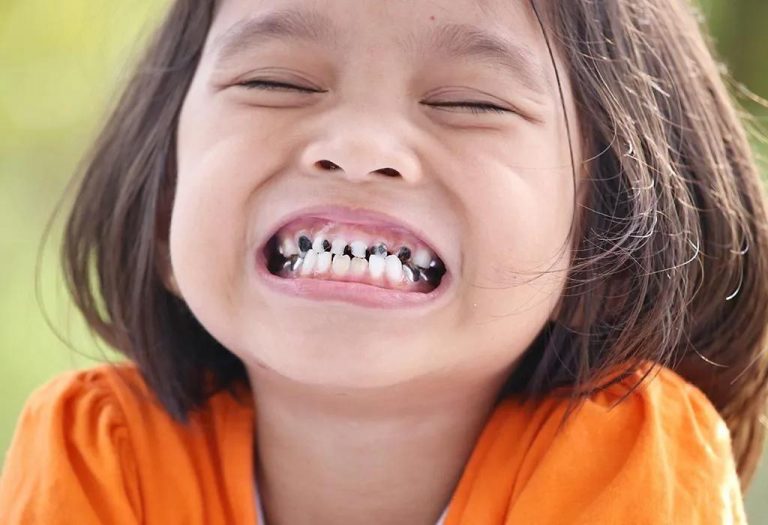
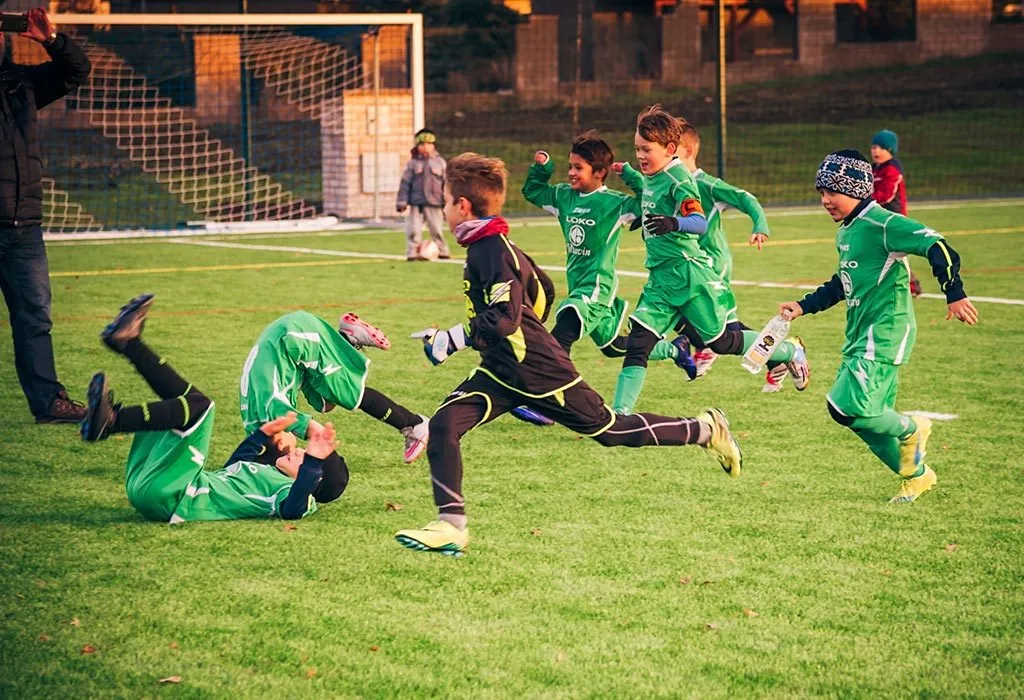

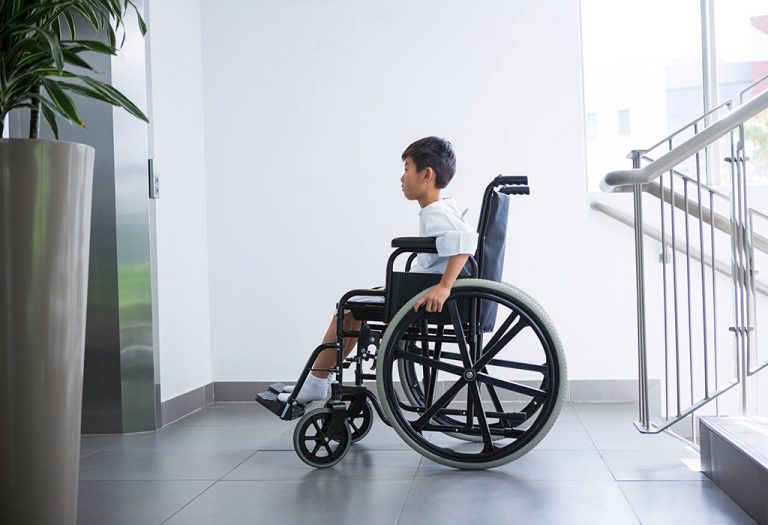

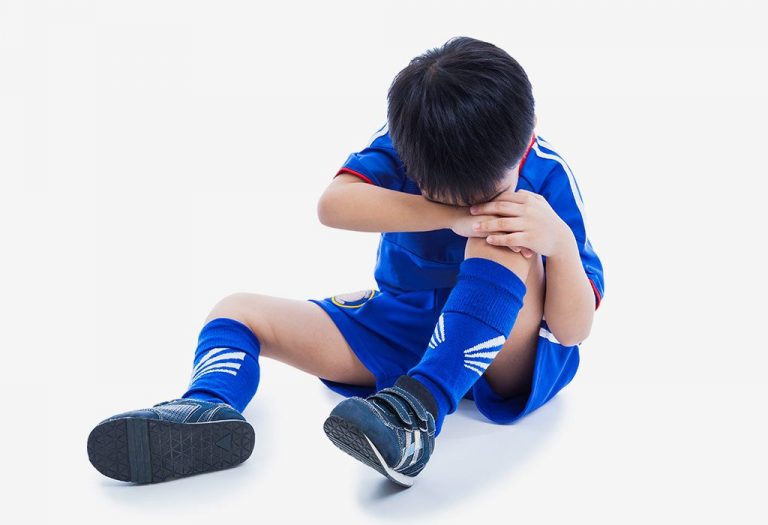


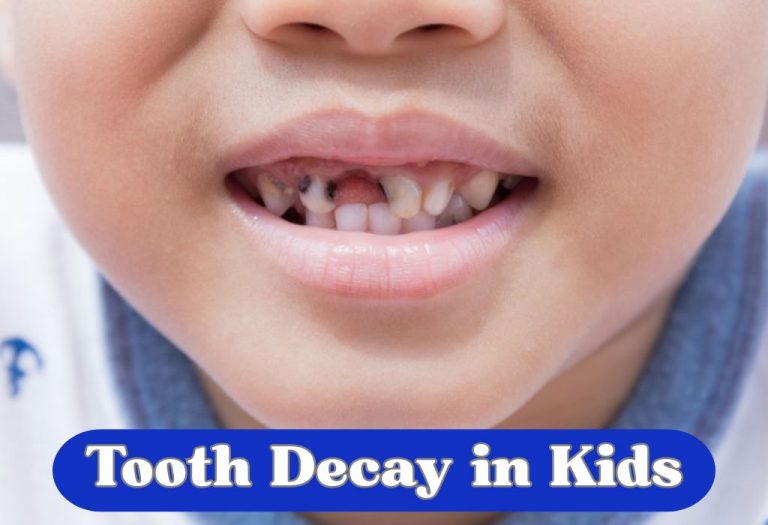

.svg)









